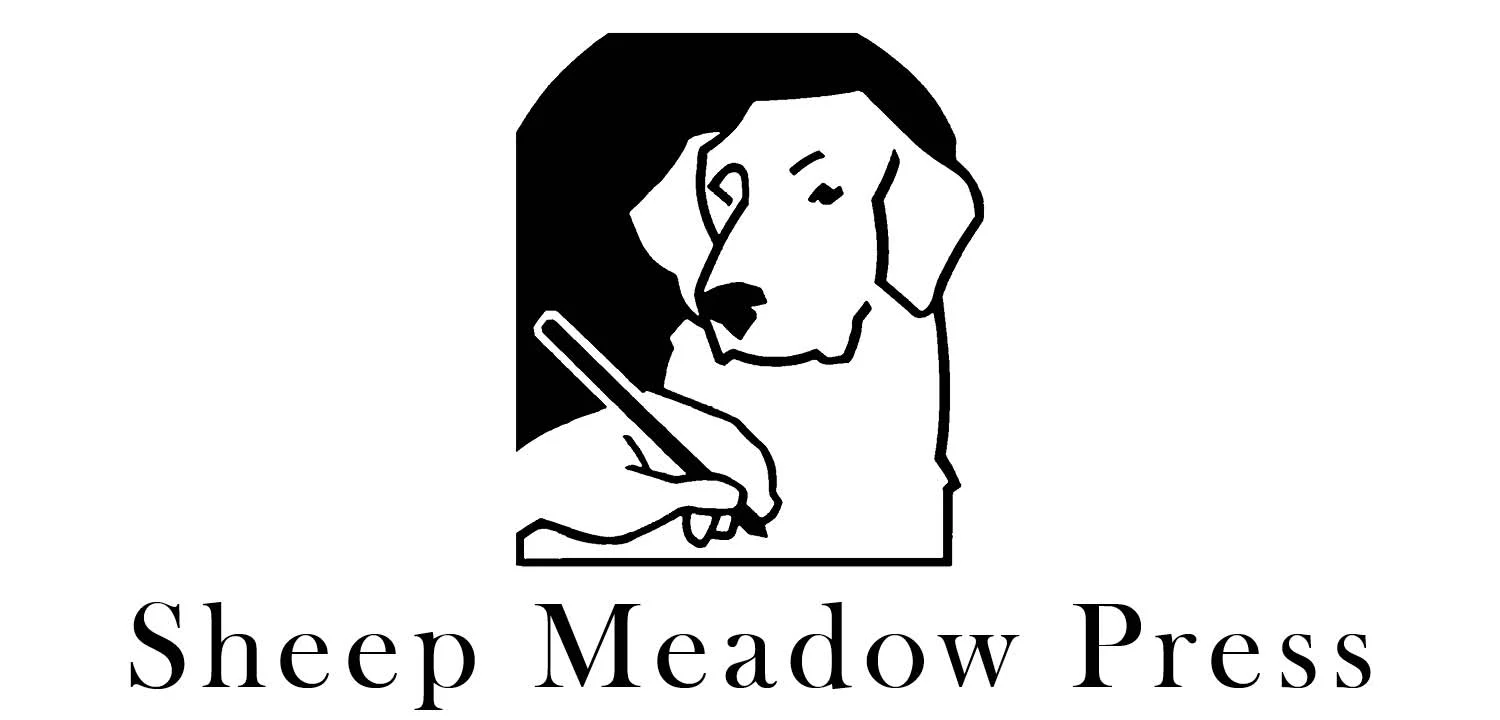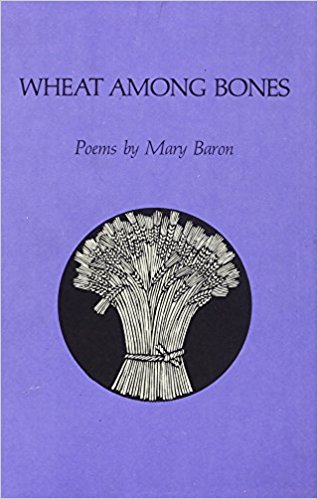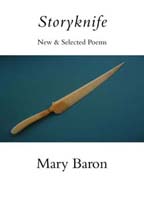MARY BARON teaches Writing and Literature at the University of North Florida in Jacksonville. She was previously at the University of Alaska, Fairbanks and many of the poems in Storyknife are set in the Artic. Her earlier books are Letters for the New England Dead (David Godine, 1974) and Wheat Among Bones (Sheep Meadow Press, 1980).
"At a time when so much poetry seems unnecessarily complex on its surface, Mary Baron achieves an inspired clarity and concision. Whether in the moving exchanges between a mother and her damaged infant daughter, in poems of baffled love and isolation, or in others adopting the voices of Alaskan natives whose culture is being torn away, Storyknife quickly draws us in. With this third book, tender and wrenching by turns, Mary Baron places herself in the forefront of contemporary American poets."—John Morgan
"Like George Herbert and Emily Dickinson, Mary Baron affirms the reality of faith and the spirit while remaining attentive to the natural world and being bravely honest about the terrible vulnerabilities of the flesh. Though stylistically austere, this fine collection engages its subjects warmly and sympathetically. One feels this quality especially in a moving sequence about the illness and death of a child; but one feels it also in those poems that concern sharing food, stories, and love with other people—poems that reach beyond the fact of suffering and the virtue of endurance to joy."—Timothy Steele
"Mary Baron on Parnassus will sit at table, I suppose, with such masters of the short lyric as E.E. Cummings, J.V. Cunningham, Samuel Menashe and David Ignatow. Her home for many years and the setting for much of her poetry is Alaska, where in snow and ice and libraries she disappeared from her publisher’s view for some 25 years, only to be discovered in Florida. She often writes poems informed by devotion, whereas none of her 'companions' were, as far as I know, believers. Her work is without a wasted word, syllable, vowel or consonant. What she has in abundance is integrity and emotional power; the target is poetry, which she harpoons, cutting away the blubber—rejecting this notion—I could better say her weapon is kindness, which she uses to save the world."—Stanley Moss


